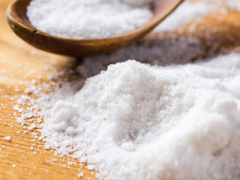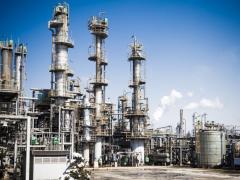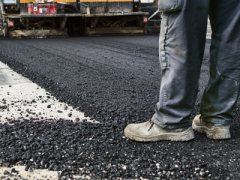Decarbonisation options for the Dutch glass fibre industry
This report on decarbonisation options for the Dutch glass fibre industry is part of the MIDDEN project (Manufacturing Industry Decarbonisation Data Exchange Network) initiated by PBL and ECN part of TNO. The project aims to support industry, policymakers, analysts and the energy sector in their common efforts to achieve deep decarbonisation.
Overview of glass fibre production
Continuous glass fibre production in the Netherlands takes place at Electric Glass Fiber NL, B.V. in Westerbroek, Hoogezand, part of Nippon Electric Glass.
The company produces 75–80 kilotonnes of continuous glass fibre annually, used for mechanical reinforcement of plastics and other products.
From 2013 to 2017, its annual CO2 emissions amounted to 39–42 kilotonnes. These CO2 emissions mostly originate from natural gas combustion during the glass smelting furnace process, and subsequent process steps.
Decarbonisation options for the glass fibre industry
Examples of on-site decarbonisation options are:
- Electrification of the furnace, which will be applied for 25% (boosting) in the new furnace that Electric Glass Fiber NL, B.V. is currently constructing. Further study is needed to determine the potential of other electrification options for heat (e.g. forming process);
- Replacing natural gas with renewable alternatives. Hydrogen application in the furnace is limited because of the low radiative flame capacity. Replacing natural gas with biogas is possible;
- Improve energy and material efficiency. Further energy efficiency improvement may be achieved with the new furnace and filament forming departments to reduce heat losses. Optimisation of production processes can reduce the share of rejected material in forming. Further application possibilities of waste heat can be explored (e.g. for district heating).
Authors
Specifications
- Publication title
- Decarbonisation options for the Dutch glass fibre industry
- Publication date
- 25 November 2019
- Publication type
- Report
- Page count
- 22
- Publication language
- English
- Product number
- 3721



